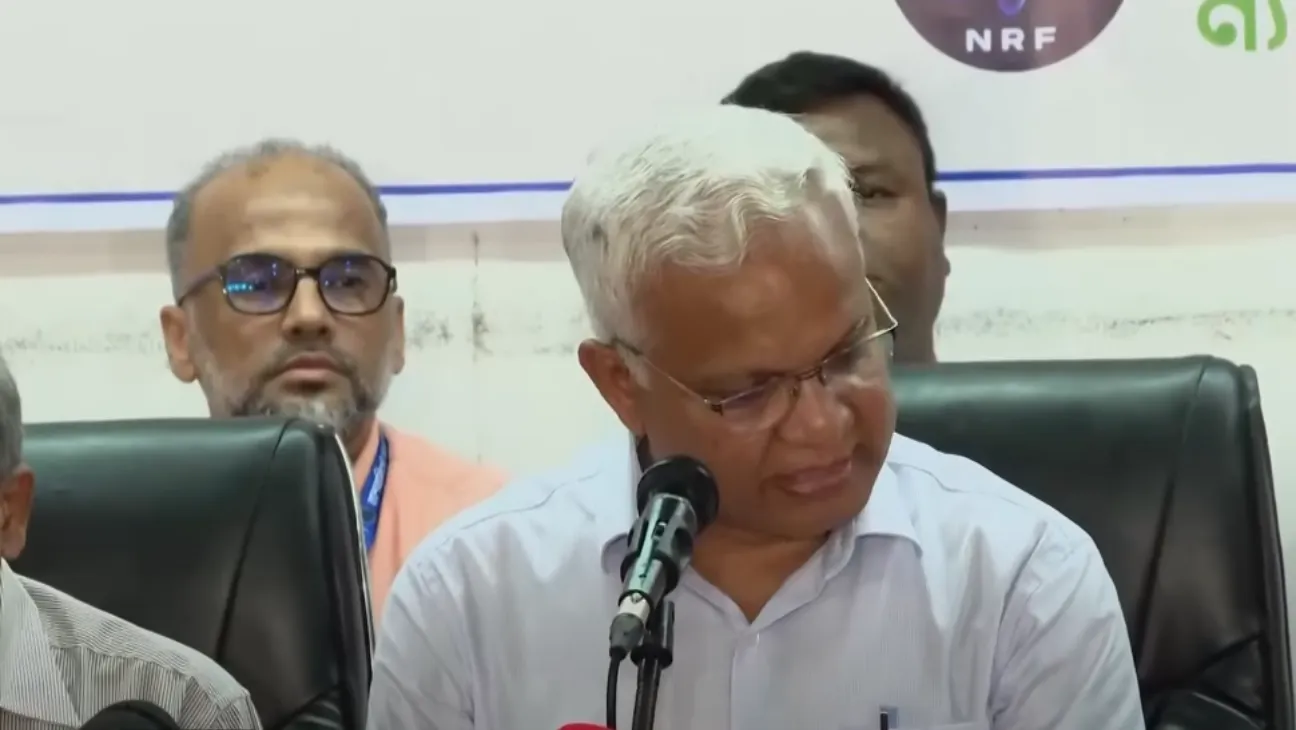Political debate in Bangladesh is intensifying as calls for a national election grow louder, nearly ten months after the formation of the interim government.
Prime Ministerial Adviser’s announcement of an election timeline in early April had signaled a shift. But behind closed doors and in public forums, political parties continue to negotiate the exact timing.
A reported meeting in London between top government officials and opposition leader Tarique Rahman also placed the election schedule at the center of discussion. While early signs hinted at agreement, tensions returned just a week later.
The BNP renewed its call for early elections, aiming for a vote before Ramadan, preferably by February.
BNP Leaders Demand Clear Timeline
At a discussion event held Saturday at the National Press Club, senior BNP leader Dr. AZM Zahid Hossain warned that delaying the election would risk undermining public trust.
“The interim government was created to hold the election. If they don’t reform quickly and proceed to vote, it will devalue the sacrifices made in July,” Zahid said.
He claimed that, while visible unrest had reduced, the public’s hope was fragile. “People want an election. That hope can’t be wasted,” he added.
BNP Secretary General Mirza Fakhrul Islam Alamgir echoed similar sentiments at a separate event at the Dhaka Reporters Unity.
“An election in February would reflect public expectation,” he said.
Fakhrul also argued that meaningful reform would need more than just conversations. “Change in mindset is also necessary. People expect a lot from new parties like NCP,” he said, referring to the Nationalist Citizen Party.
“We’ve given the people a new dream—of building a democratic Bangladesh. If the February vote happens, we might have a shot at fulfilling that.”
Civil Society Weighs In
At the same event, Badiul Alam Majumdar, a member of the National Consensus Commission, emphasized that reforms must go beyond the electoral calendar.
“To ensure a fair vote, the Election Commission must be made stronger and truly independent,” he said.
He also called for an end to money-driven politics and criminal influence in party structures. “Political space needs cleaning. Power must be balanced. Otherwise, we’ll end up with a one-day democracy again.”
Majumdar warned that unless foundational reforms are made, another flawed election may follow. “Without changes, we risk repeating the same story—overnight negotiations, and outcomes that lack public faith.”
Tensions Persist, Pressure Mounts
Despite earlier optimism following the London meeting, recent comments from both the government and opposition suggest that mistrust remains.
The government has yet to officially confirm a February election date.
BNP, on the other hand, is signaling that any delay beyond Ramadan may spark further political strain.
The coming weeks are key, analysts warn. A lack of reform or schedule could narrow the path to a fair vote.
While both parties hint at compromise, observers warn that continued uncertainty could drag the nation into deeper political unrest.









